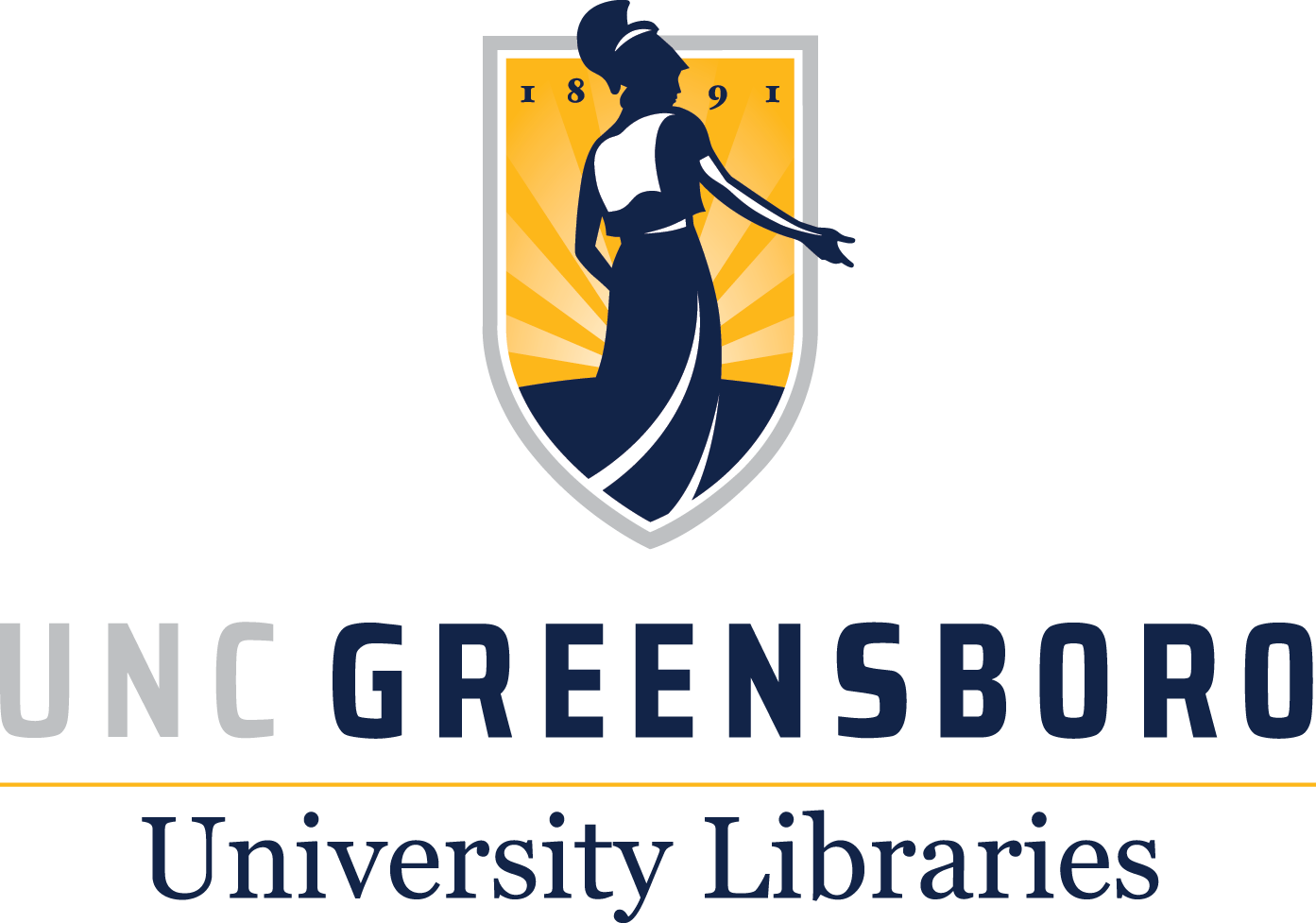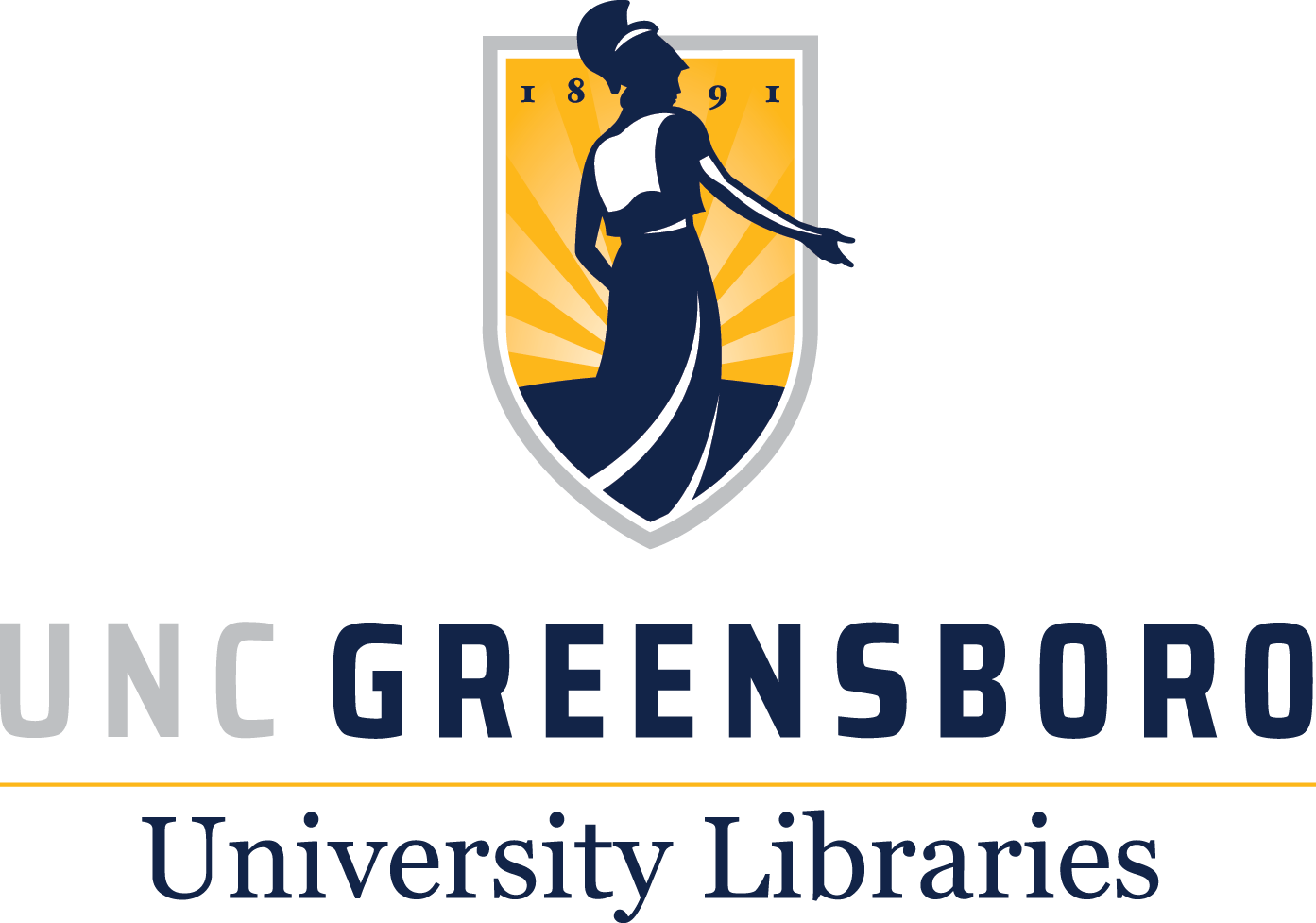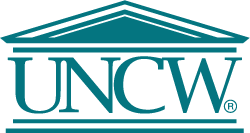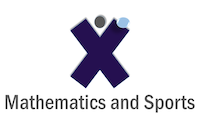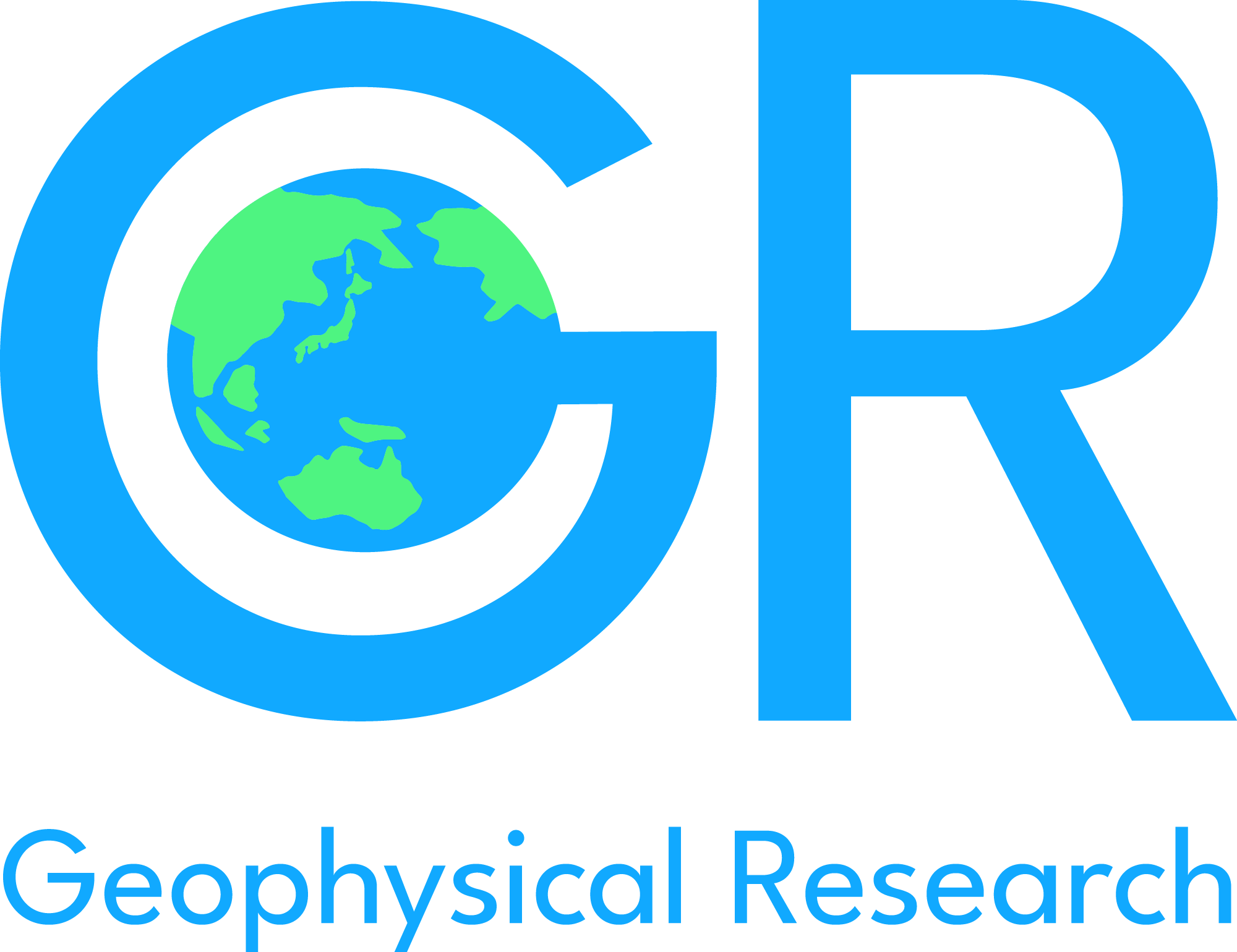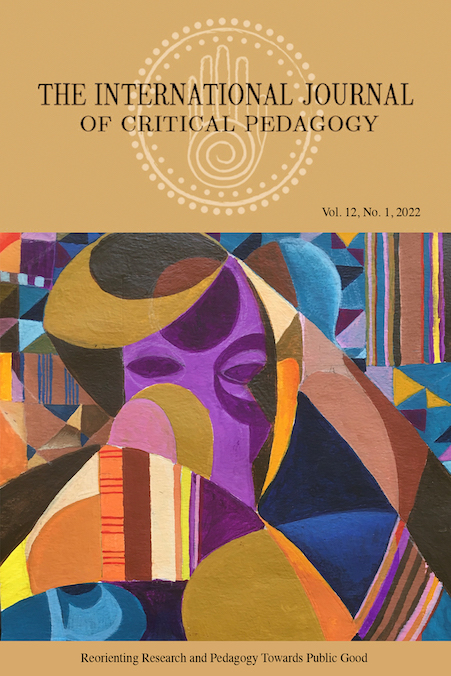Journal of Movement Arts Literacy
journal of movement arts literacyThe Journal of Movement Arts Literacy informs the international movement arts literacy communities of the latest inquiry in pedagogy, theory, application, practice, and research of human movement having literacy as a tool to investigate, analyze, or frame understanding. This forum encourages practitioners, theorists, and researchers to test hypothetical and theoretical premises and share their ideas and discoveries for the benefit of the movement literacy community. The outcome goal of the Journal of Movement Arts Literacy is to provide a venue of critical reflection for communities of practice toward further understanding and development of theory and praxis.
For purposes of this journal, the term movement literacy has a broad multi-dimensional meaning that supports the exchange of text/symbolic–based information about movement. As much as embodied knowing differs from other ways of knowing, movement literacy is not just about re-presenting movement in text/symbolic–based forms, but it involves the art and science of knowing, making meaning, understanding, and communicating about human movement. Movement literacy involves the embodied experience and a set of cognitive skills of reading (i.e. interpreting, reflecting on, interrogating, theorizing, investigating, exploring, probing, and questioning) and writing (i.e. acting on and dialogically transforming) the world of movement arts and the applied practices and situated applications of active, broad-based processes of creating and interpreting in order to communicate qualitative and quantitative analysis of human movement arts.
Disciplines
dance literacy Kinetography Laban Labanotation Motif Notation Eshkol-Wachman Movement Notation movement analysis dance movement literacy Benesh Notation body-mind cognitionNorth Carolina Journal of Mathematics and Statistics
north carolina journal of mathematics and statisticsEditor
Jan Rychtar, Virginia Commonwealth University, United States
Section Editors
Filip Saidak, The University of North Carolina at Greensboro, United States
Kumer P Das, University of Louisiana at Lafayette, United States
Undergraduate Journal of Service Learning & Community-Based Research
undergraduate journal of service learning & community-based researchThe Undergraduate Journal of Service Learning and Community-Based Research is a refereed, multidisciplinary, online undergraduate journal that aims to advance knowledge in new scholarly arenas by presenting intellectual and reflective work by undergraduate students.
The Undergraduate Journal of Service Learning and Community-Based Research adds to the increasing number of scholarly journals that invite undergraduates to pursue their own intellectual projects. We seek undergraduate contributions to the burgeoning academic conversation on service learning and community-based research.
The Undergraduate Journal of Service Learning and Community-Based Research is open to undergraduate students in the U.S. and across the globe in all subject areas. All submissions will undergo a rigorous review process.
Teaching Educational Research Methods
teaching educational research methodsTeaching Educational Research Methods (TERM) is an interdisciplinary journal that is focused on the importance of quality teaching, teaching preparation, and teaching practices in equipping ethical and effective educational researchers across mixed methods, qualitative, quantitative, measurement, and evaluation classrooms.
Disciplines
Education Research Methods Teaching Mixed Methods Qualitative Research Quantitative ResearchJournal of Effective Teaching in Higher Education
journal of effective teaching in higher educationOverview
The Journal of Effective Teaching in Higher Education (JETHE) is an open-access electronic peer-reviewed journal that advances the scholarship of teaching and learning (SoTL) focused on institutions of higher education.
Open-Access Statement
All content can be freely accessed and shared according to a Creative Commons license (CC BY-NC-ND 4.0), and users are free to read, download, copy, distribute, print, search, or link to the full texts of articles, crawl them for indexing, pass them as data to software, or use them for any other lawful purpose. We do not charge a fee for publishing in JETHE.
Aims and Scope
Typically published twice per year, the journal seeks to foster the following:
- Encourage critical conversations about SoTL from faculty members with international and/or interdisciplinary perspectives;
- Contribute to conversations about differences in effective teaching practices among institutional contexts, including traditional and non-traditional learning environments (i.e., online/hybrid models; interdisciplinary programs; heterogeneous student populations);
- Provide a forum for faculty and course instructors to reflect upon and share strategies, outcomes or projected outcomes, and recommendations resulting from their engagement with new, innovative, and/or revisioned teaching practices.
Disciplines
higher education scholarship of teaching and learning SoTLMaths and Sports
maths and sportsMathematics and Sports (MAS) aims to be an all-inclusive journal at the interface of mathematics and sports. MAS serves to publish high quality quantitative analysis encompassing all aspects of sports at all levels with the aim to better understand sports and to further mathematics education through sports. MAS welcomes submissions that include mathematical, statistical, and computer science analysis of all sports including professional, collegiate, youth, and Olympic sports as well as outdoor recreation, non-traditional sports, and education through sports.
MAS accepts articles falling into one of the following categories
RESEARCH: Original research on an aspect of sport through the lens of mathematical analysis. Topics may include but are not limited to team and player evaluation, officiating and judging fairness, comparisons within and between conferences, use of technology to advance performance or health and safety.
EDUCATION: The use of sports to help advance the understanding of mathematical concepts.
PRACTICE AND REVIEW: The state of existing research in mathematics
and sports, novel approaches to the study or research of mathematics
through sports, and recent advances in the promotion of the better
understanding of sports through mathematical endeavors. Additionally,
how mathematical analysis is presently being put into practice to help
advance performance.
Journal of Appreciative Education
journal of appreciative educationThe Journal of Appreciative Education (JAE) is an open-access e-journal committed to promoting educational theories, practices, and collaborations from an appreciative, strength-based perspective. We define Appreciative Education as educational theories, innovative practices, and thoughtful reflections that challenge deficit-based thinking in teaching and learning across all levels of education.
Disciplines
Appreciative Education Appreciative Advising Appreciative AdministrationARC Geophysical Research
arc geophysical researchAbout the Journal
ARC Geophysical Research is an online-only open access journal published by the Academic Research Community (ARC) Alliance for the geosciences by the geoscience community. ARC-GR publishes peer-reviewed manuscripts from all areas in geosciences as well as fostering scientific bridges to related fields. The published research showcases mechanistic understanding that is general, consequential, and transferable beyond the specifics of the original study. The journal seeks to reflect a diversity of research techniques and invites theoretical, experimental, and computational approaches, or combinations thereof that advance fundamental understanding. The journal offers flexible article length and formats to allow authors to reach a broad audience while maintaining the highest scientific rigor sought by specialists.
Why Submit to the Journal?
With thousands of journals in existence, a legitimate question for any scholar is why should I submit my work for consideration to this journal? First, some of the finest scholars in the field are associated with this journal, which includes extensive editorial expertise and collective standards that ensure excellence of accepted, published work. Second, all publications are open access and open science, which ensures that the work published in this journal is reproducible and can be built upon by the community. Third, the intent of this journal is to serve the scholarly community, not make a profit for a publisher. Fourth, there is no charge for authors to publish in this journal, which saves authors money that can be better spent to support students and post docs. Fifth, state of the art library science practices are employed to ensure indexing by all major services and article and journal citation statistics are compiled as soon as the journal is eligible, which varies depending upon the indexing source.
International Journal of Critical Pedagogy
international journal of critical pedagogyThe International Journal of Critical Pedagogy is committed to publishing original articles that propose innovative understandings and applications of critical pedagogy. The journal covers a wide range of perspectives as these intersect with critical pedagogy. We invite experimental and creative methodologies.
Published in North Carolina with an international scope, the International Journal of Critical Pedagogy publishes articles in English, French, Spanish, Portuguese, and Brazilian Portuguese with an acceptance rate of 15-20%
Open Access Policy
This journal provides immediate open access to its content on the principle that making research freely available to the public supports a greater global exchange of knowledge. Our journal complies with the definition of open access as provided by The Directory of Open Access Journals, which states that the copyright holder of a scholarly work grants usage rights to others using an open license (Creative Commons or equivalent). This allows for immediate free access to the work and permits any user to read, download, copy, distribute, print, search, or link to the full texts of articles, crawl them for indexing, pass them as data to software, or use them for any other lawful purpose.
Archiving
This journal utilizes the LOCKSS system to create a distributed archiving system among participating libraries and permits those libraries to create permanent archives of the journal for purposes of preservation and restoration.
To access all past publications, see the "Issues" tab at the top of our homepage, or you can visit our archives, courtesy of The Freire Project, freireproject.org.
Content Licensing
The International Journal of Critical Pedagogy allows reuse/reprint with the author and this journal cited as the original source.
Disciplines
diversity critical pedagogy social justice education creative pedagogyHispanófila: Ensayos de Literatura
hispanófila: ensayos de literaturaA UNC-CH Department of Romance Studies publication since 1968, Hispanófila appears three times per year. The journal publishes innovative essays on any literary or cultural topic dealing with the Spanish and Portuguese-speaking worlds.
Disciplines
culture Literature Romance languages Spanish PortugueseRomance Notes
romance notesFounded in 1959 at the University of North Carolina at Chapel Hill, Romance Notes is published three times per year. The journal welcomes the submission of innovative, interdisciplinary articles on Spanish, Portuguese, French, and Italian literature and culture. We highly encourage submissions that present original approaches to the study of gender and feminism, historical memory, literary history and theory, popular culture, film, colonialism and postcoloniality, postnationalism and globalization.
ARC Environmental Health Advances
arc environmental health advancesEnvironmental Health Advances (EHA) is dedicated to advancing knowledge related to toxicant-induced disease, with an eye on strategies that could be used to protect and improve human health. Our mission is to publish innovative and timely research that can ultimately lead to actionable solutions that foster healthier communities and sustainable ecosystems. Research suitable for submission would include a range of disciplines relevant to our mission, including but not limited to exposure science, toxicology, and environmental epidemiology.
